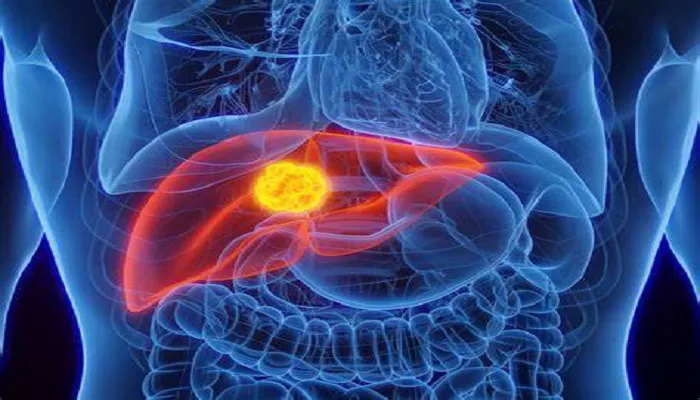Breakthrough in Hepatocellular Carcinoma Treatment
Science and Technology Daily News (Reporter Xue Yan) On May 4th, news emerged from Peking Union Medical College Hospital. The team led by Chief Physician Zhao Haitao and Associate Chief Physician Yang Xiaobo from the Department of Liver Surgery conducted a retrospective cohort study. Their findings are groundbreaking: for patients with middle – and advanced – stage unresectable hepatocellular carcinoma, undergoing combined immunotherapy first, followed by surgery (conversion surgery), can significantly prolong their survival. The related research was recently published in the journal Liver Cancer.
The Challenge of Hepatocellular Carcinoma
Hepatocellular carcinoma is a common malignant tumor globally. It starts subtly but progresses quickly. Roughly 70% of patients are diagnosed at the middle or advanced stage. These patients often have issues like diffuse tumors, major blood vessel invasion, and poor liver function. Performing surgery on them is extremely difficult. Although targeted drugs, radiotherapy, chemotherapy, and combined immunotherapy can extend the lives of some advanced – stage patients, the objective response rate remains below 40%, according to Zhao Haitao.
The Promise of Conversion Surgery
The research team discovered that conversion surgery could be a game – changer for patients. Conversion surgery means that patients who couldn’t initially have radical surgery can get a second chance. After undergoing systematic treatments such as chemotherapy, targeted therapy, or immunotherapy, the tumor size shrinks to a level suitable for radical surgery. The aim of conversion surgery is to eliminate any drug – resistant cancer cells and strengthen the overall therapeutic effect.
Zhao Haitao explained that the team analyzed 128 patients with initially unresectable hepatocellular carcinoma who visited the hospital between 2019 and 2024. After at least two cycles of combined immunotherapy, all of them met the criteria for conversion surgery. Among them, 74 patients chose to have the surgery, while 54 continued with non – surgical treatment. The team then collected and compared data from both groups to assess the clinical value of conversion surgery.
Impressive Research Results
The results were remarkable. The progression – free survival period of the surgical group reached 29.4 months. Over half of these patients didn’t experience a relapse within 4 years, showing potential for clinical cure. In contrast, the non – surgical group had a progression – free survival period of only 11.2 months. The difference in treatment effectiveness between the two groups was significant.
Future Research Directions
This study, with its large – sample data, has provided solid scientific evidence for using conversion surgery in treating unresectable hepatocellular carcinoma. Zhao Haitao said that in the future, the team will focus on finding the best drug combinations and treatment durations for conversion surgery. They also plan to develop molecular markers to predict the success rate of conversion and the risk of recurrence. Additionally, they will conduct a multi – center prospective phase III trial to confirm the general applicability of their findings. Zhao hopes that as conversion surgery strategies become more popular and refined, more advanced – stage hepatocellular carcinoma patients will see a glimmer of hope for recovery.
Related topics


